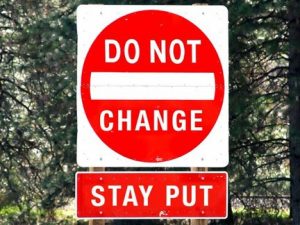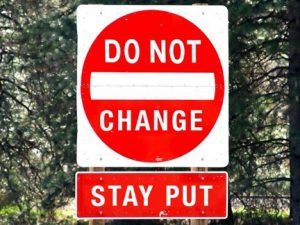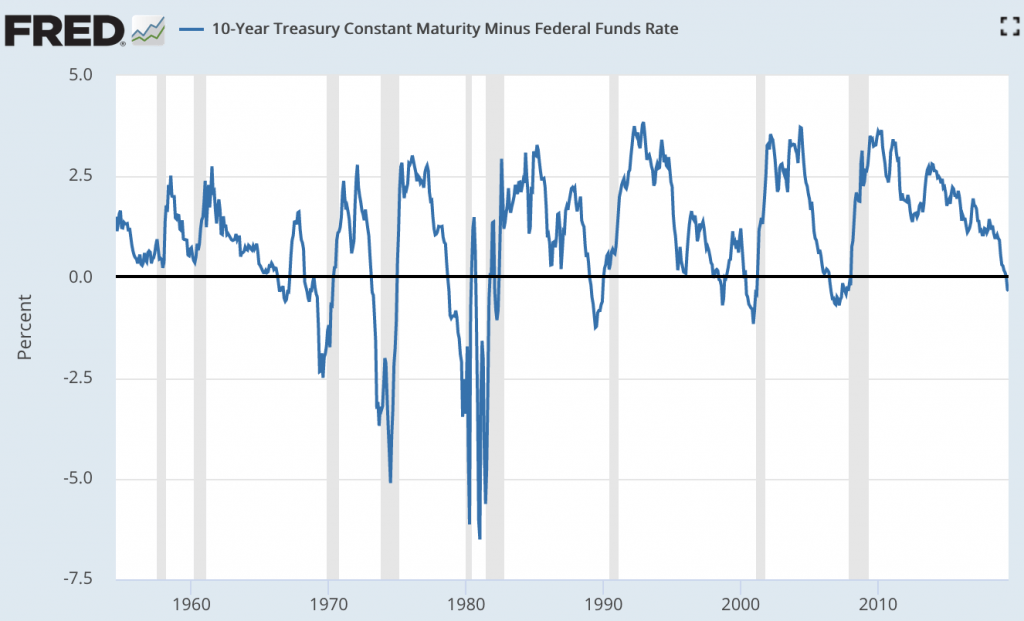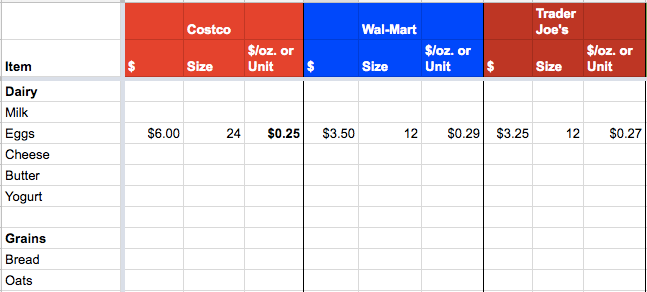I spend many hours per week combing through websites, blogs, magazines, and books on personal finance to try and stay on top of my game and keep up with the latest news and sentiments (i.e. tax reform, health care, retirement research, etc.). Otherwise, I’m doing my readers a disservice by not being topical and relevant – or so my thinking goes.
With all of this research, occasionally, I find a few gems. Articles that add to my knowledge base or make me think about things in a new way. But one thing is clear when I filter through the mainstream personal finance space: mainstream personal finance advice is mostly geared to average Americans. And what is your average American? Well, when it comes to personal finance, it is:
- An average 5% personal savings rate, (the millennial personal savings rate is actually negative)
- Median retirement savings among active workers of just $5,000
- ~$17K in credit card, $182K in mortgage, $30K auto, and $50K in student debt
- 55% of Americans living paycheck-to-paycheck, with just one unexpected expense putting them under water
The status quo for Americans in personal finance is pretty darn awful. And in order to avoid the wrath of comment troll haters (something I fervently embrace these days) and to keep their jobs, the writers for these media outlets must provide just slightly aspirational advice for the average American. For example:
- spend less than you earn

- the 10% savings rule
- build up a 3-month emergency fund
- spend 3-months salary on an engagement ring
- pay only 20% down payment (or less) on a home
- save 10X your ending salary for retirement
That kind of advice is fine and dandy if you want average achievements or you’re looking to stroke the ole ego. But it’s baseline minimum stuff, and in many ways, quite damaging. Rarely will you see mainstream personal finance cover actual life-changing concepts like:
If you want to build life-changing wealth, you either have to put yourself in position to get lucky or truly defy status quo in your relationship with money. That’s not advice most people want to hear, but it’s the advice most people need to hear.





